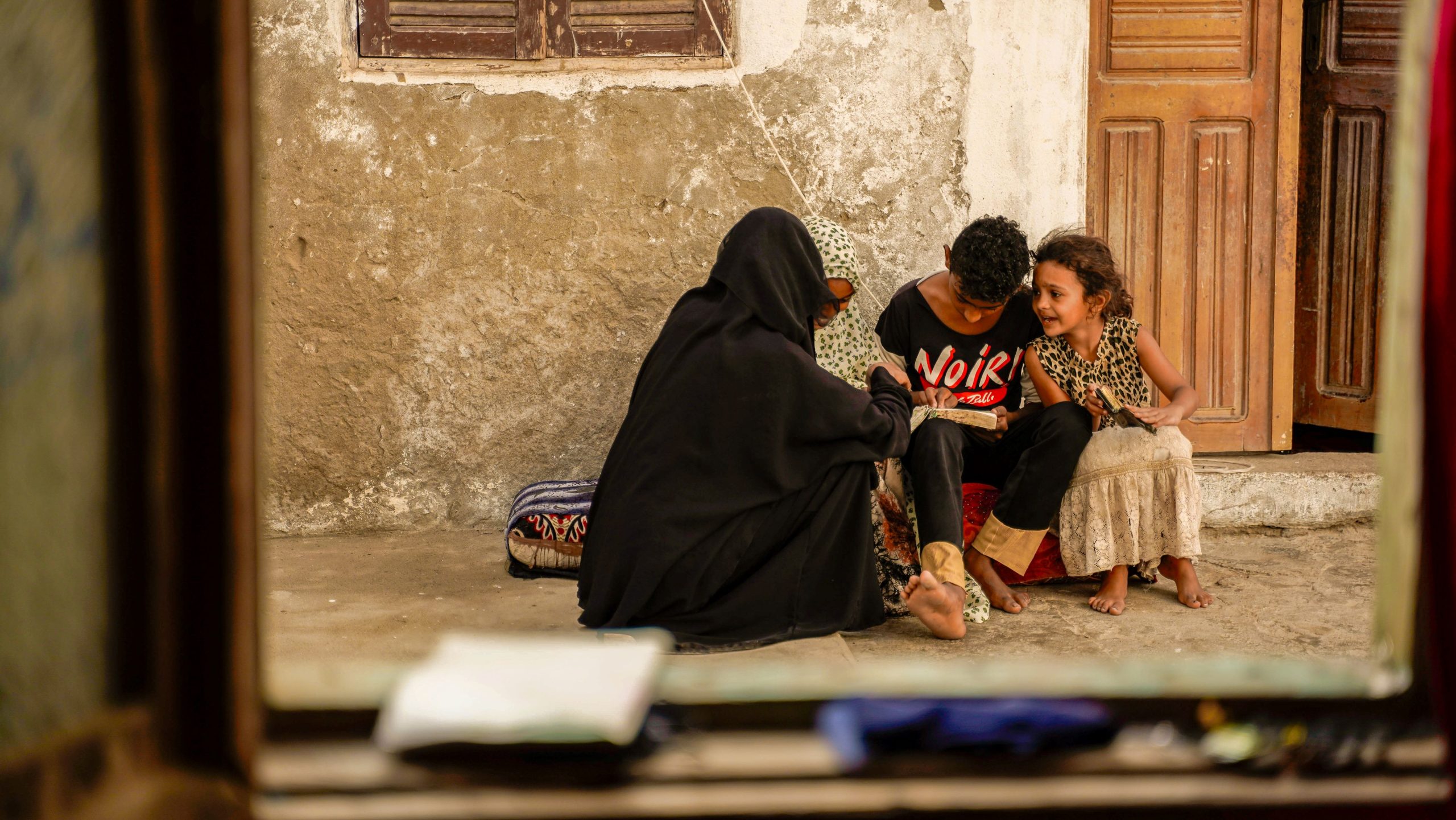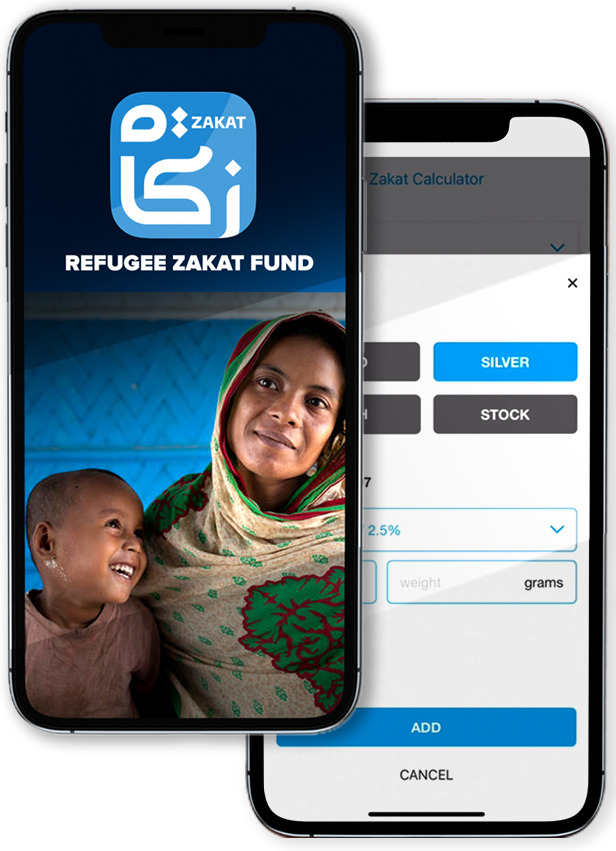Wafaa, a displaced mother from Yemen.
Wafaa, a displaced mother from Yemen, has faced unimaginable challenges since losing her husband. Now, she is the sole provider for her family, struggling to meet their basic needs in a world that seems to offer little hope.
“My children go to school and do not eat anything all day,” Wafaa says, her voice filled with the quiet pain of a mother unable to provide for her children. “They do not eat until 5 pm.”
In the absence of her husband, Wafaa’s young son has taken on responsibilities far beyond his years. “My young son helps take care of our family,” she explains. “Boys his age should be in school, but my poor son never went to school. He has to work to provide for his family.”
When Ramadan was approaching, Wafaa’s worries deepened. “I am troubled to think Ramadan will start and I will have no food for them…I am patient and I accept God’s will,” she says, her faith remaining strong despite the hardship.
The holy month of Ramadan, a time of reflection, fasting, and community, brings with it a unique set of challenges for Wafaa. “When I pray during Ramadan, I ask God for relief and to make my children smile,” Wafaa shares. “All I care about is my children.”
Wafaa’s struggles emphasize the urgent need for intervention and shows the impact of Zakat donations on the lives of families in distress. Her story embodies the struggles experienced by numerous Yemeni mothers amidst poverty and the desire to return to their homes.
As Yemen enters its ninth year of conflict, the humanitarian toll on its people continues to worsen, compounded by economic collapse, soaring prices, and environmental shocks. Over 4.5 million internally displaced persons (IDPs) and more than 65,000 refugees and asylum seekers face daily hardships as they struggle with insecurity, poverty, and limited access to basic services. The conflict has driven an estimated 80% of the population below the poverty line, creating one of the world’s worst humanitarian crises, with 18.2 million people relying on humanitarian aid for survival.
UNHCR’s Zakat initiative offers a lifeline to these vulnerable populations, helping to provide essential necessities like food, water, shelter, and medicine. Zakat contribution made a critical difference, offering families the support they need to endure these difficult times and maintain hope for a better tomorrow. The impact of Zakat has helped families like Wafaa’s rebuild their lives, enabling them to secure essential necessities such as shelter, food, water, and medicine.
Thanks to Zakat and Sadaqah funds, UNHCR was able to support 5,200 displaced families – some 31,202 people – in Yemen in the first half of 2024.
Other Stories

Mahmoud and Saqrah, Syrian elderly refugee couple in Lebanon.
Thy continue to hold onto their cherished traditions, especially during the Holy Month of Ramadan.

Fatna, a Sudanese mother of ten displaced in Chad.
“We walk from the camp to a water source five kilometers away, and this is extremely difficult” Fatna explains.

Ayesha, a 45 year old displaced woman from Afghanistan.
“During Ramadan, we broke our fast with just a glass of tea. If we find potatoes, we eat them. Otherwise, it’s just bread” Ayesha says.




